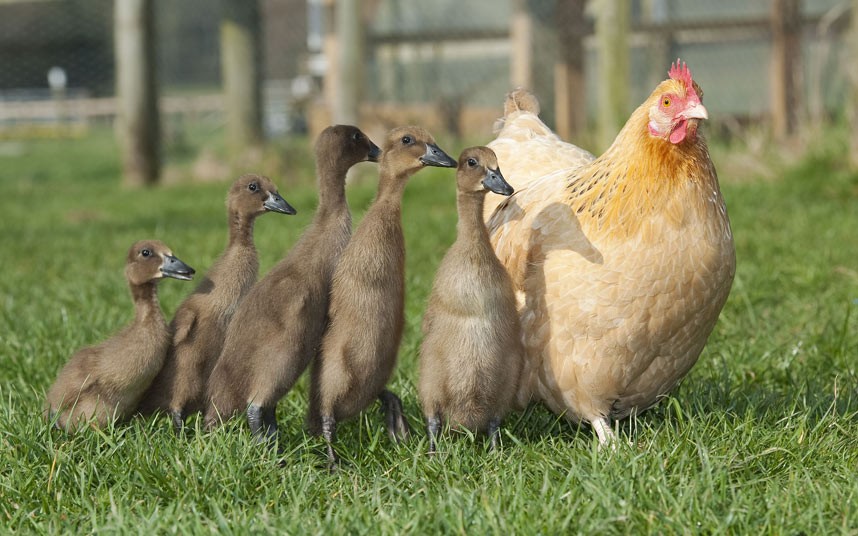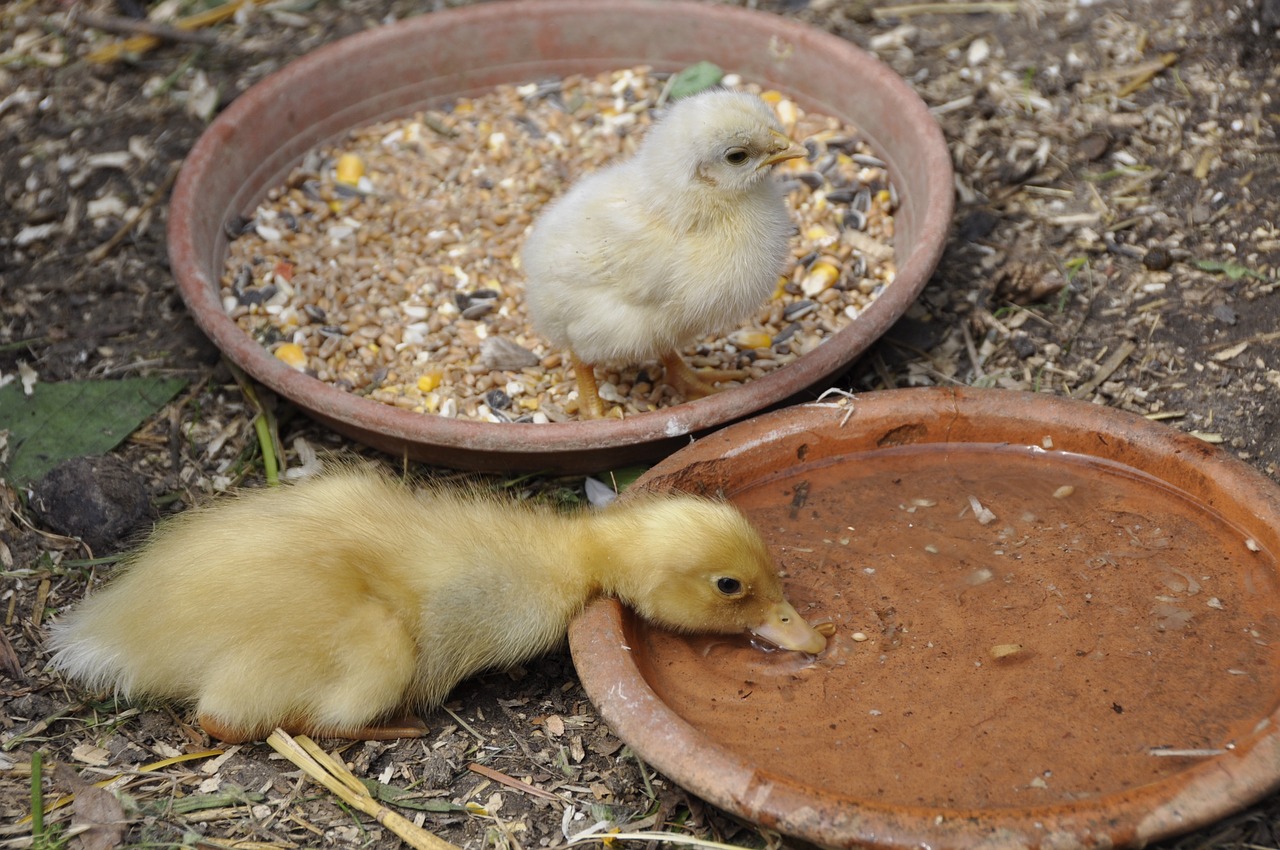Raising chickens and ducks can be a rewarding endeavor, providing both eggs and meat for your household. However, to ensure the health and productivity of your flock, it’s crucial to provide them with proper nutrition. This blog post explores the essentials of chicken and duck feed, offering insights into what your birds need to thrive.
Understanding Nutritional Needs
Nutritional Requirements for Chickens
Chickens require a balanced diet to maintain health, egg production, and growth. Their feed should include the right proportions of proteins, carbohydrates, fats, vitamins, and minerals.
- Proteins: Proteins are essential for growth and egg production. Chickens need around 16-20% protein in their diet. Sources include soybean meal, fish meal, and legumes.
- Carbohydrates: These provide energy. Grains such as corn, wheat, and barley are primary carbohydrate sources.
- Fats: Necessary for energy and absorption of fat-soluble vitamins. Vegetable oils and animal fats can be included in their diet.
- Vitamins and Minerals: Vital for various bodily functions. Calcium and phosphorus are particularly important for egg-laying hens to support shell production.
Nutritional Requirements for Ducks
Ducks have similar dietary needs to chickens but require slightly different proportions and some specific nutrients.
- Proteins: Ducks need a higher protein content in their feed, especially during the early stages of growth. A diet with 18-20% protein is ideal for ducklings.
- Carbohydrates: Like chickens, ducks require carbohydrates for energy. Grains and maize are excellent sources.
- Fats: Ducks benefit from fats in their diet to support their active metabolism and feather health.
- Vitamins and Minerals: Ducks need niacin (vitamin B3) more than chickens do. It’s crucial to ensure their feed contains enough niacin to prevent leg issues.
Types of Chicken and Duck Feed

Commercial Feed Options
Commercial feeds are formulated to provide balanced nutrition and come in various forms such as pellets, crumbles, and mash.
- Pellets: Pellets are compact and reduce waste. They ensure that chickens and ducks get all necessary nutrients in each bite.
- Crumbles: Crumbles are broken-down pellets, easier for younger birds to consume.
- Mash: Mash is finely ground feed. It’s suitable for very young birds but can be messy.
Homemade Feed Recipes
Some poultry owners prefer to mix their own feed. This allows for customization based on specific needs but requires knowledge of nutritional requirements.
- Basic Recipe for Chickens: A mix of corn, soybean meal, wheat, fish meal, and a vitamin-mineral supplement.
- Basic Recipe for Ducks: A blend of maize, barley, soybean meal, oats, and niacin supplements.
Feeding Practices and Tips

Feeding Schedules
Establishing a consistent feeding schedule is crucial for the health of your flock.
- Chickens: Typically fed twice a day, once in the morning and once in the evening. Ensure they have access to feed throughout the day, especially during laying periods.
- Ducks: Ducks benefit from having access to food all day. They tend to eat more frequently than chickens and require constant access to fresh water.
Supplementary Feeding
In addition to commercial or homemade feed, supplementary feeding can provide additional nutrients and variety.
- Greens and Vegetables: Fresh greens and vegetables can be offered to both chickens and ducks. These provide vitamins and prevent boredom.
- Grit: Essential for digestion, especially in birds that consume whole grains. Grit helps grind down food in the gizzard.
- Calcium Supplements: Laying hens need extra calcium. Oyster shells or crushed eggshells can be provided as supplements.
Common Feeding Issues

Overfeeding and Obesity
Overfeeding can lead to obesity, which affects egg production and overall health. Monitor the weight and condition of your birds regularly to adjust their feed intake accordingly.
Underfeeding and Malnutrition
Underfeeding or providing an unbalanced diet can lead to malnutrition. Signs include poor feather quality, decreased egg production, and lethargy. Ensure your feed meets the nutritional needs of your flock.
Feed Storage
Proper storage of feed is crucial to prevent spoilage and contamination.
- Storage Containers: Use airtight containers to keep feed dry and prevent pests.
- Location: Store feed in a cool, dry place away from direct sunlight and moisture.
Conclusion
Providing proper nutrition is key to maintaining a healthy and productive flock. Whether you choose commercial feeds or homemade recipes, understanding the nutritional needs and feeding practices for chickens and ducks will help ensure your birds thrive. Regularly assess their health and adjust their diet as necessary to support their growth, egg production, and overall well-being.

